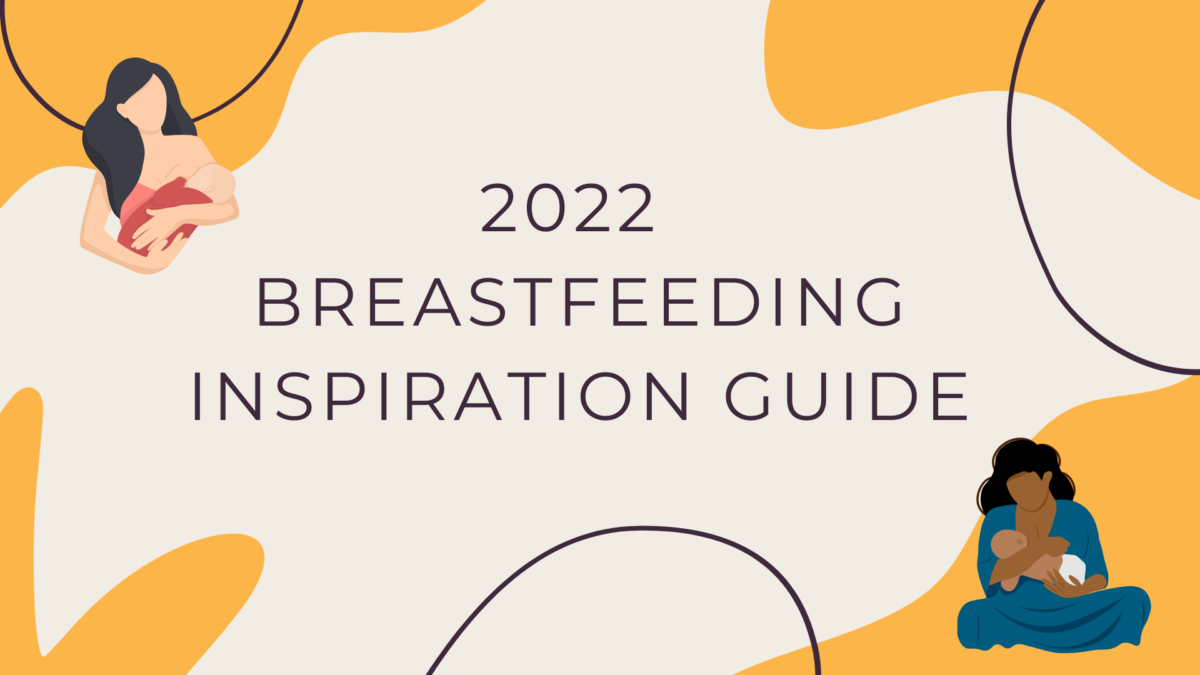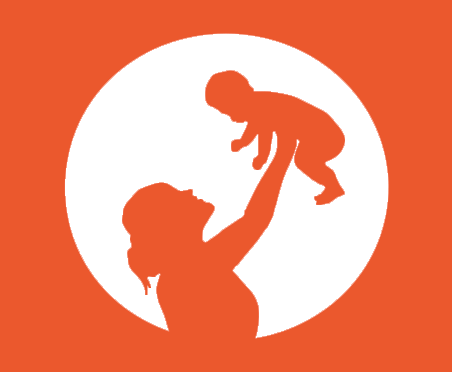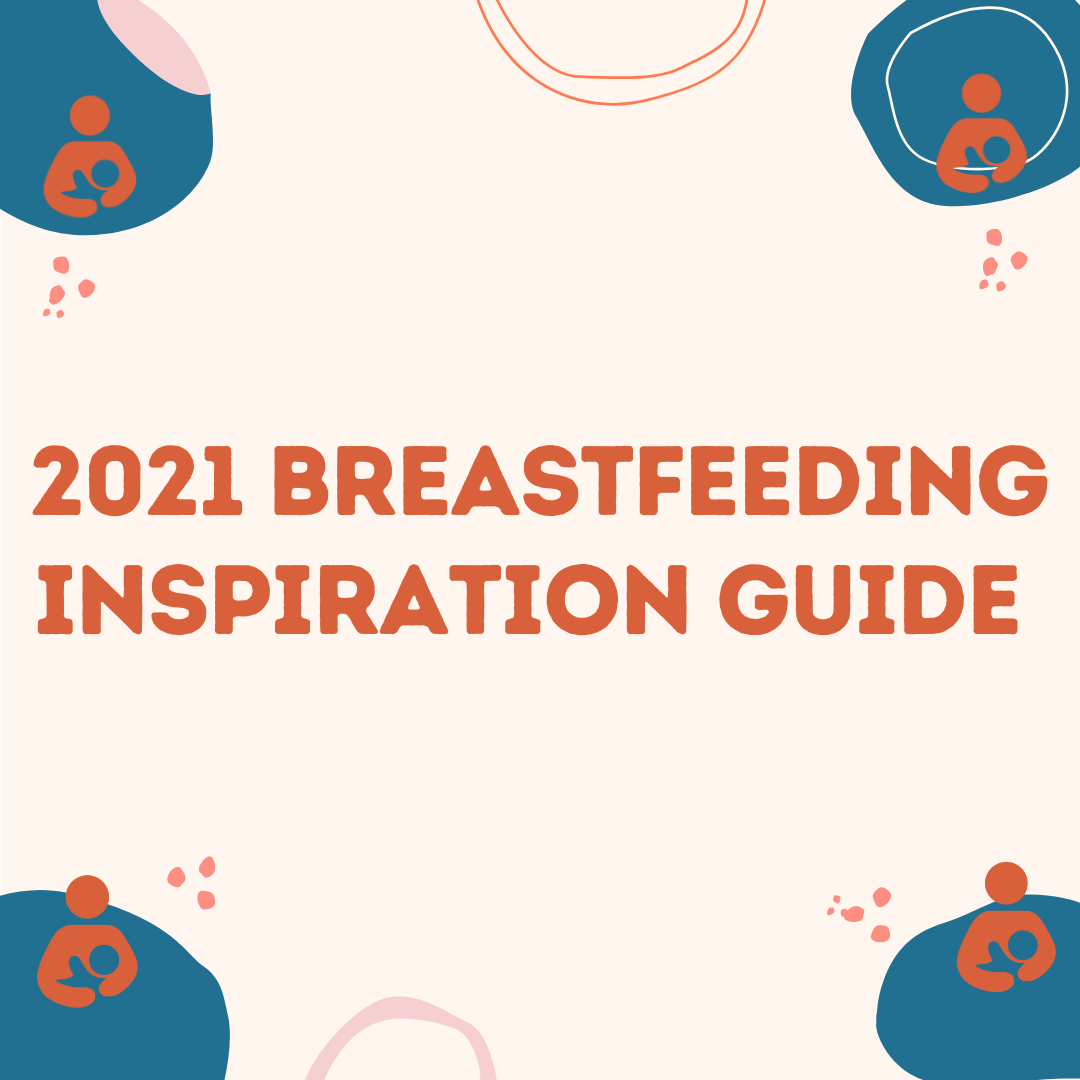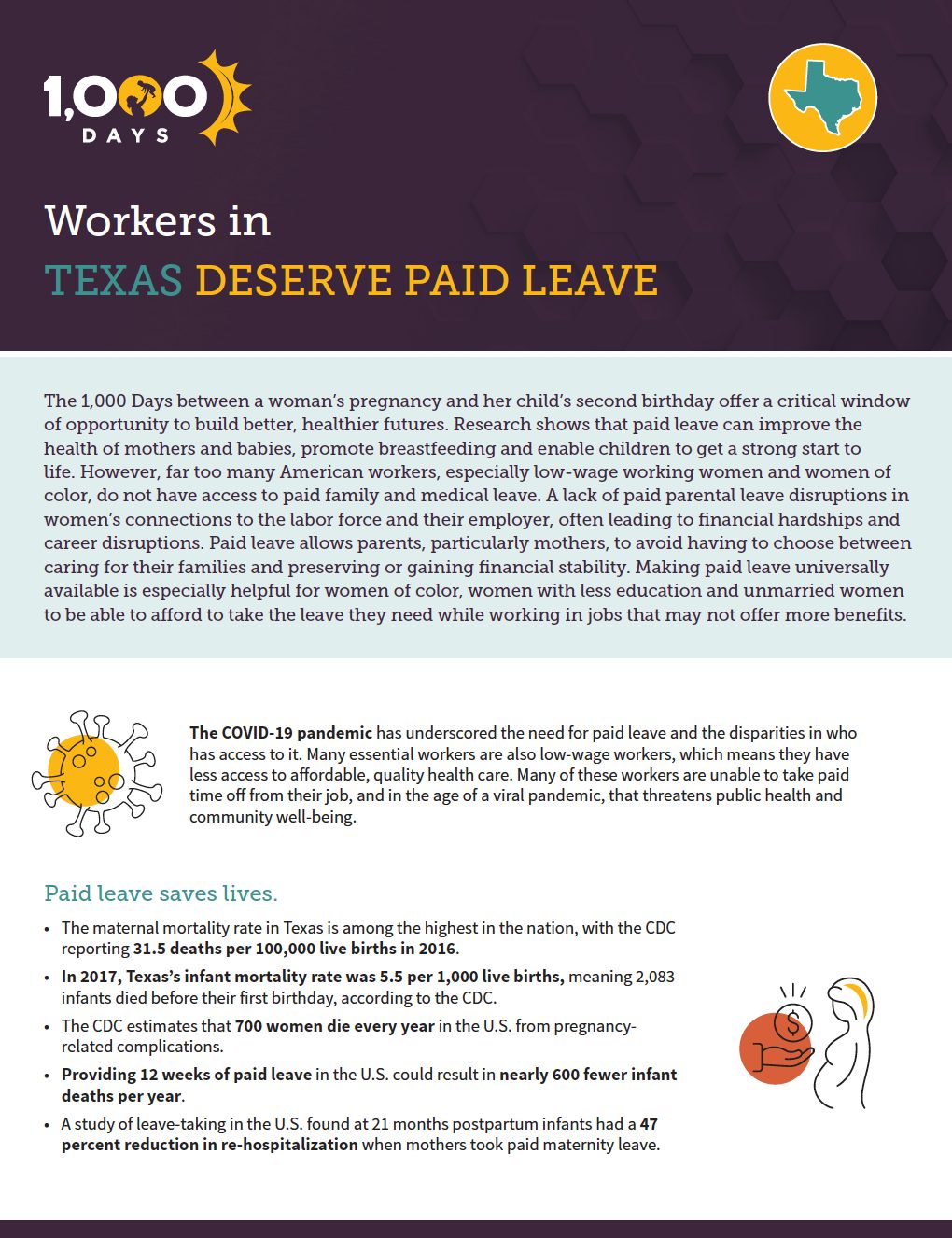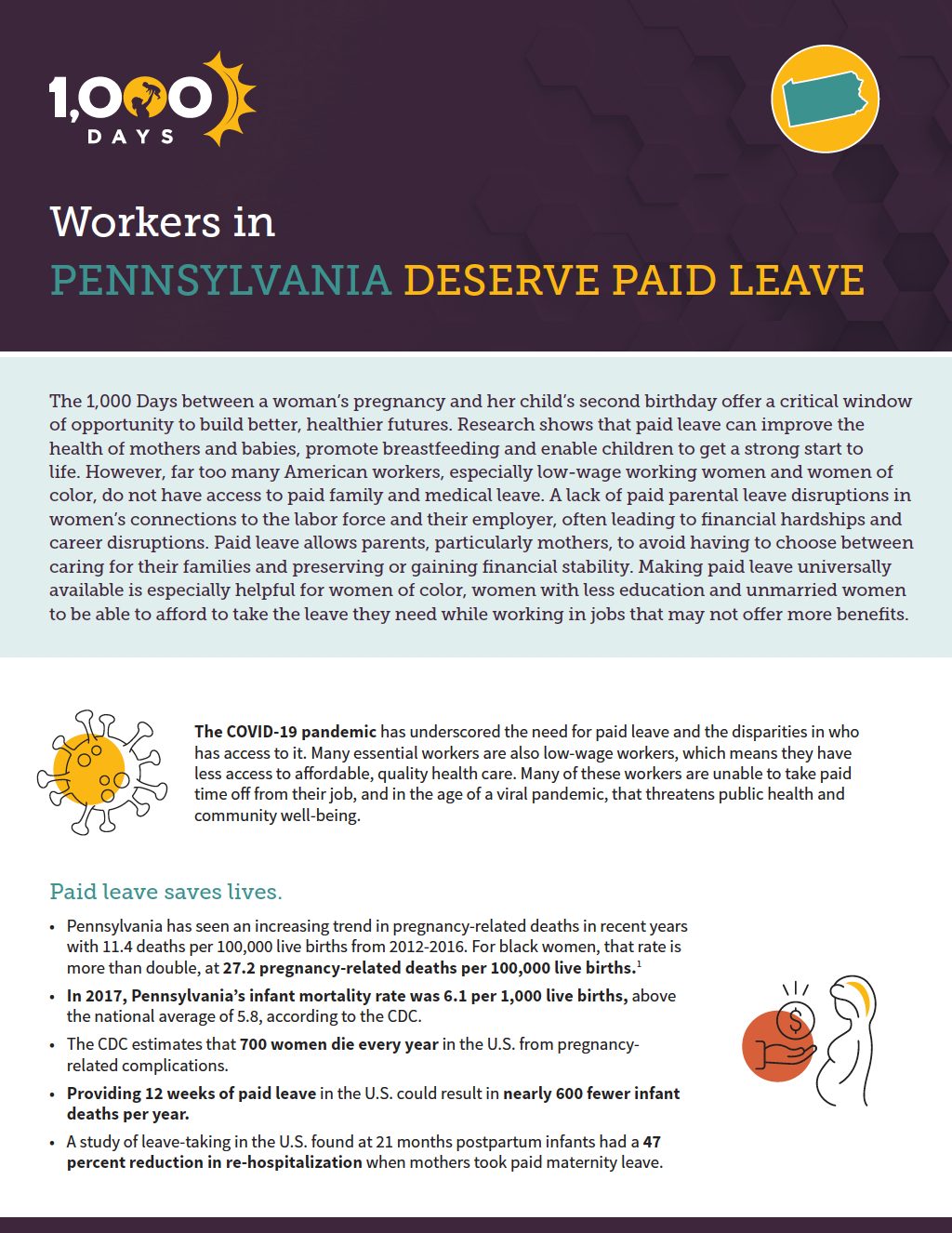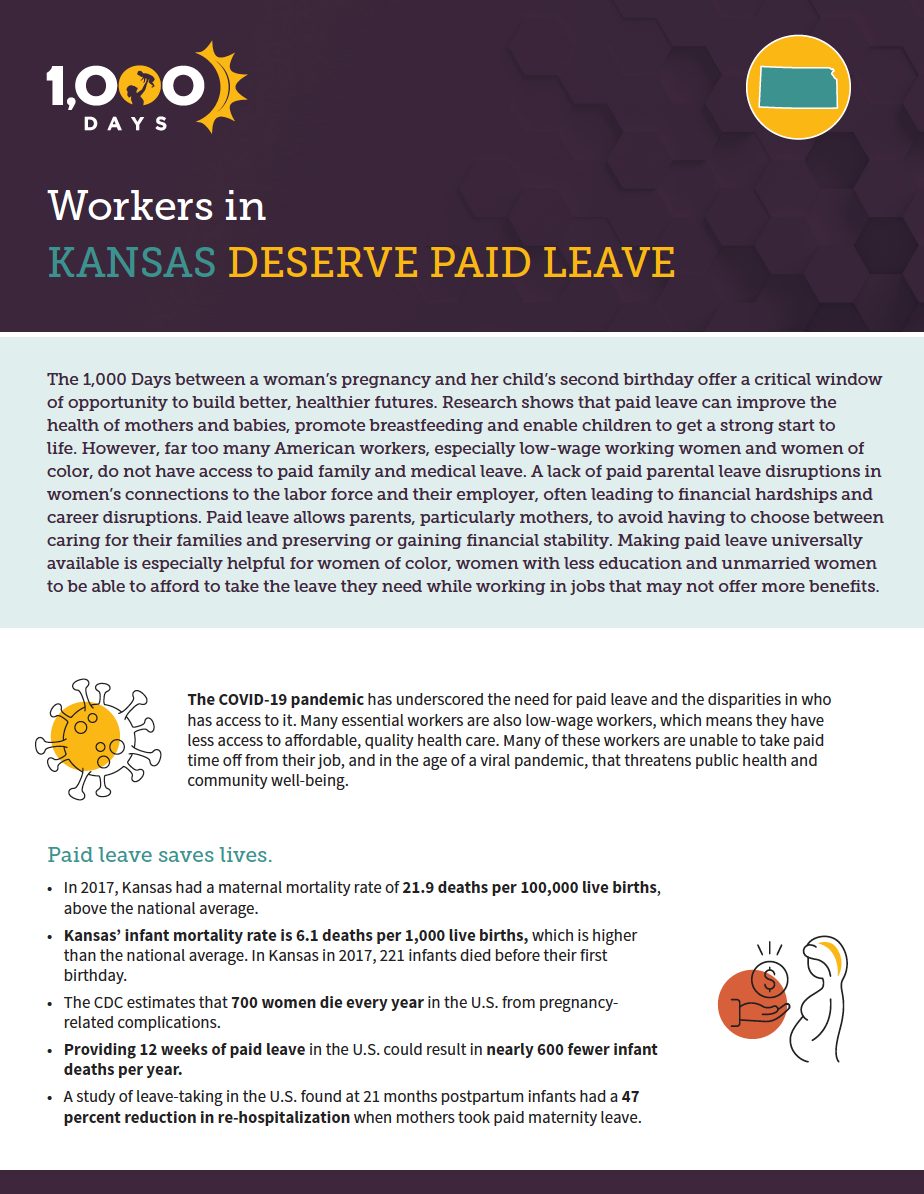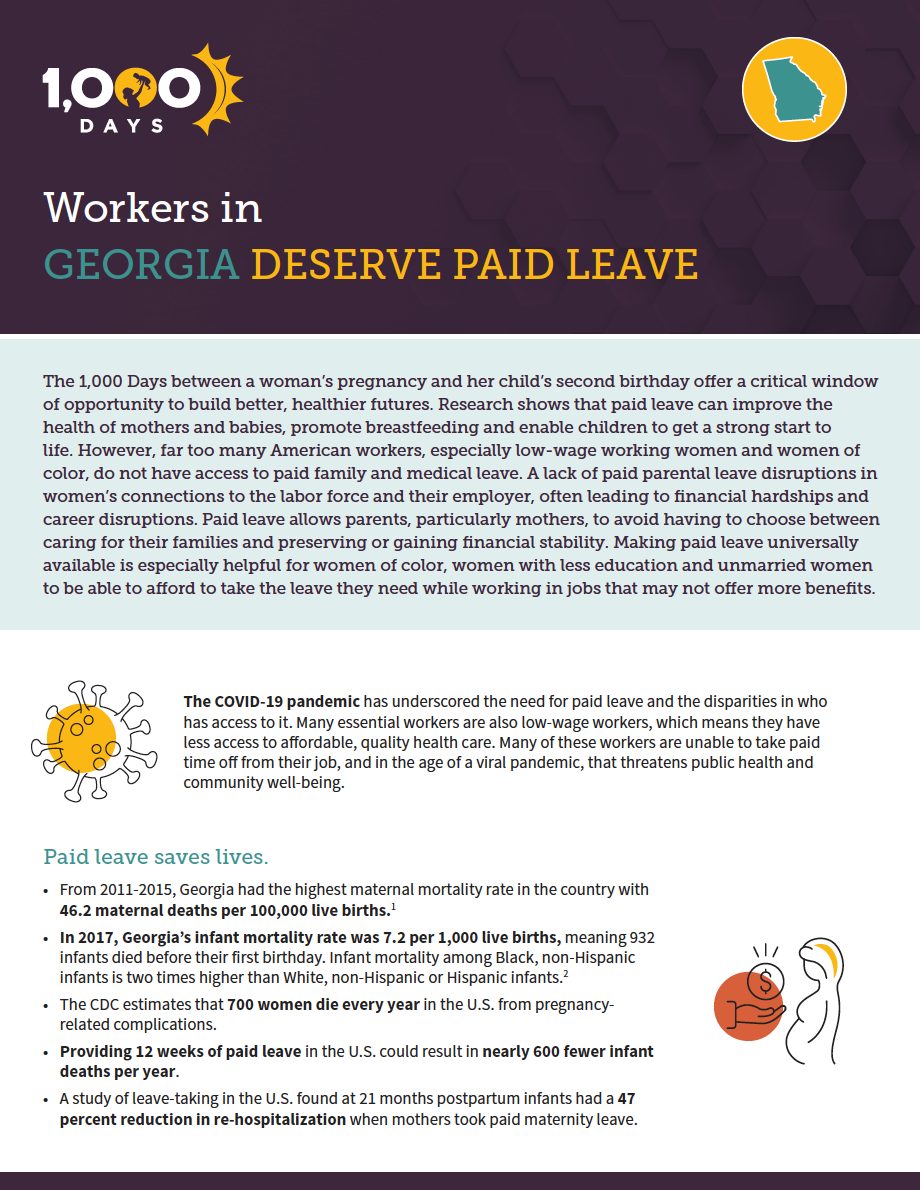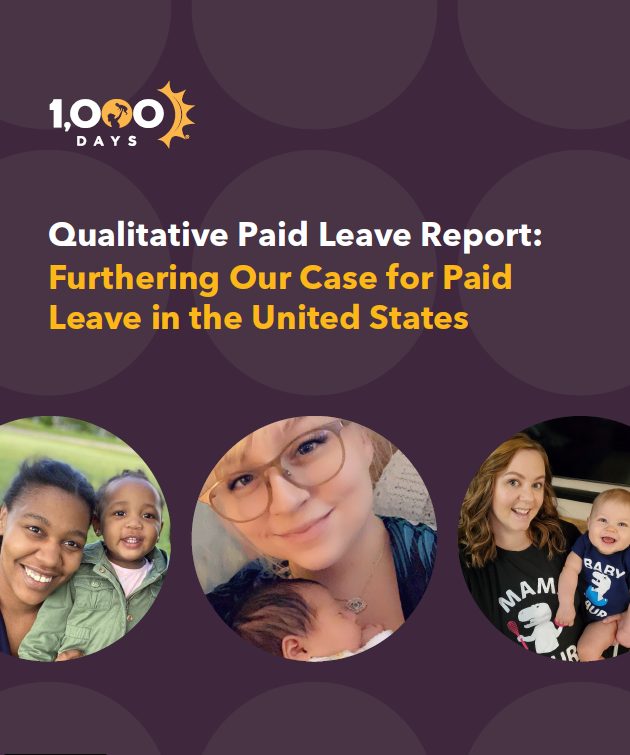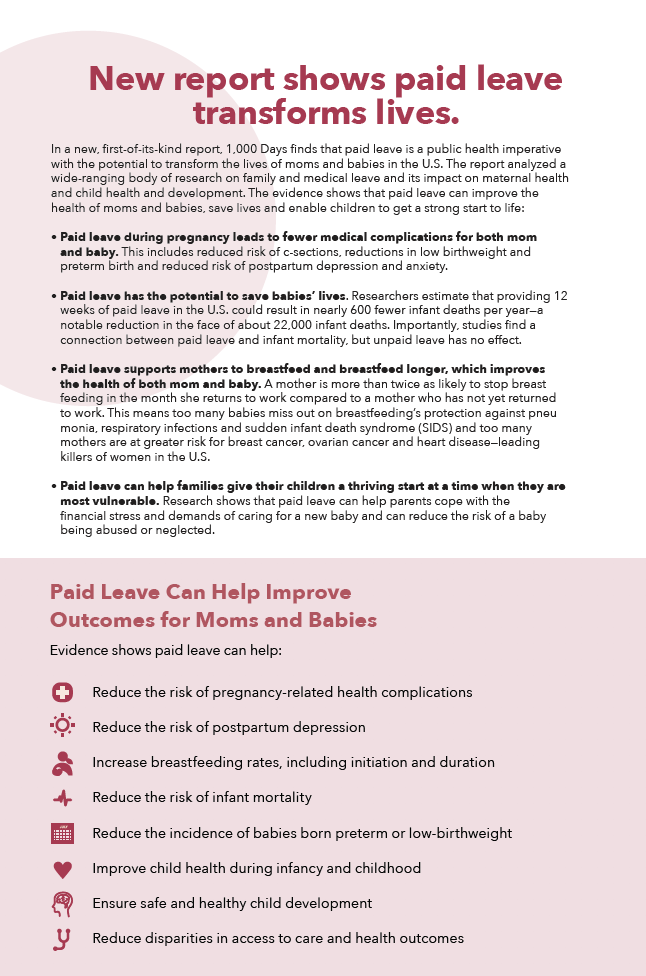2022 Breastfeeding Inspiration Guide
August 1 marks the beginning of National Breastfeeding Month and World Breastfeeding Week, celebrating the benefits of breastfeeding for families in the United States and around the world. All month long, 1,000 Days, an Initiative of FHI Solutions, and its fellow advocates will highlight breastfeeding in different communities and how we can build a landscape of breastfeeding support. Join us!

